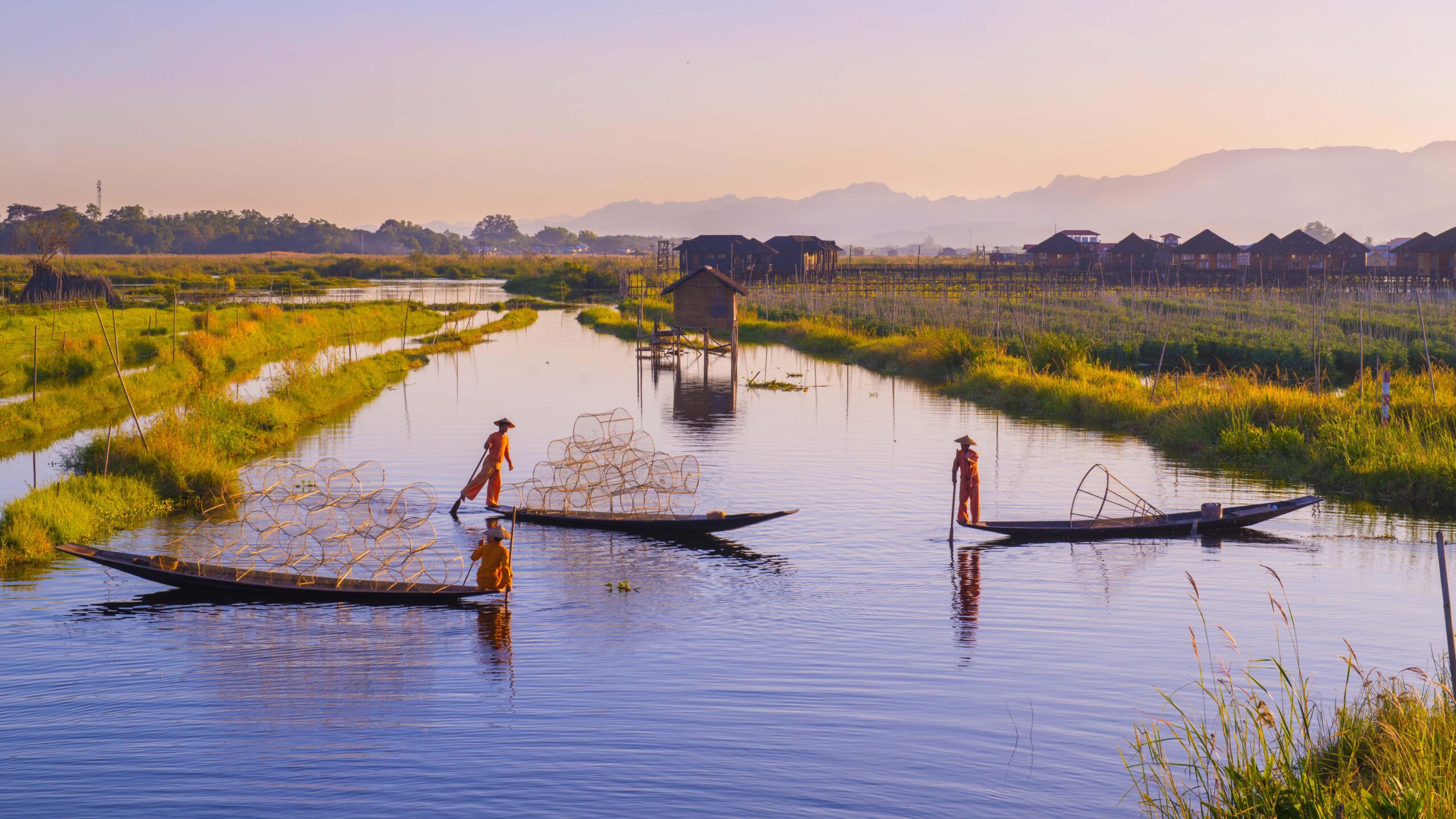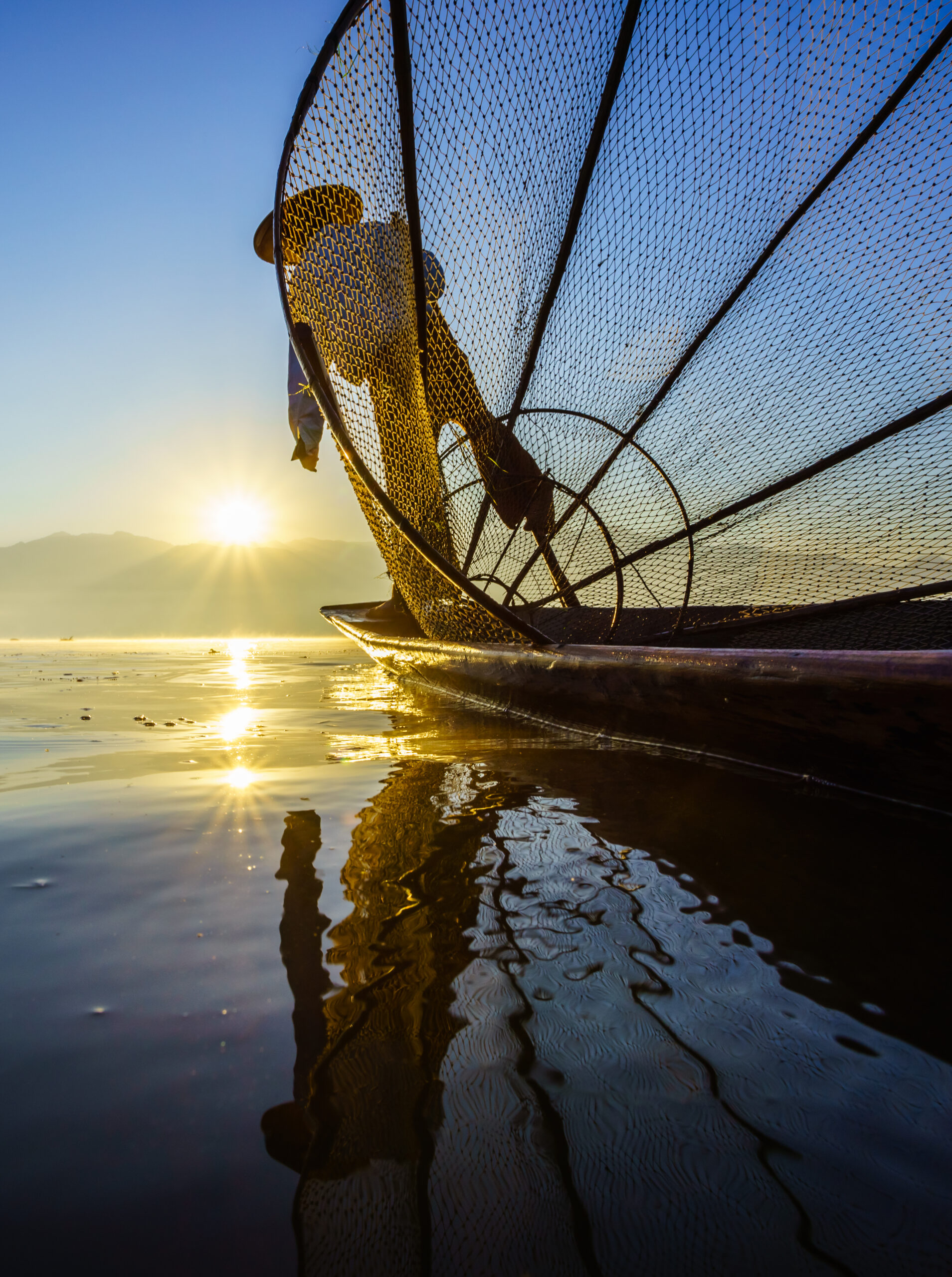ASEAN outlines efforts toward ecosystem preservation
Wetlands are often misunderstood, seen as mere wastelands ripe for development or drainage. However, they hold a hidden treasure trove of natural wonders, essential for sustaining life and preserving ecosystem balance.
Serving as vital stopover sites for migratory waterbirds, they offer sanctuary to countless species of fauna and flora, while acting as crucial breeding grounds and food sources for fish.
Beyond their biodiversity, wetlands play a pivotal role as the Earth’s ‘kidneys,’ actively purifying soil and providing communities with clean drinking water.
They emerge as indispensable allies in the battle against climate change, acting as the planet’s largest natural carbon sinks.
Acting as natural buffers against storms, floods, and rising sea levels, wetlands are indispensable guardians of coastal regions.
Moreover, wetlands are linchpins for food security, supporting ecotourism and providing alternative livelihoods, especially in rural ASEAN communities where they serve as the economic backbone.
As engines of local economies, they are the lifeblood of the people, underscoring their immense value and irreplaceable significance.

Photo: Min Maung Maung Myo
WETLANDS WEALTH
In an ASEAN press statement for World Wetlands Day 2024 on February 2, the ASEAN Centre for Biodiversity (ACB) joined the global celebration with the theme, ‘Wetlands and Human Well-being’, highlighting the ecosystem’s biological riches and its critical role in the survival, resilience, and well-being of people.
The Southeast Asian region boasts nearly two million square kilometres of wetlands.
Presently, there are 59 Wetlands of International Importance or Ramsar sites spread across a total land area of 26,592 square kilometres in eight ASEAN member states (AMS). Additionally, the ASEAN region harbours 60 per cent of the world’s tropical peatlands and 42 per cent of its mangrove forests.

WETLAND WOES
Despite the myriad wonders they bring, wetlands now face unprecedented threats, becoming the most imperilled ecosystem on the planet. Human activities, predominantly, contribute to the rapid loss of these vital habitats, with an estimated decline of 35 per cent since the 1970s.
The ACB takes proactive measures to safeguard the invaluable wetlands in the region through its flagship programmes.
These initiatives encompass ecosystem restoration endeavours such as reforestation and mangrove rehabilitation, alongside biodiversity mainstreaming efforts. Moreover, the ACB plays a pivotal role as an international advisor, aiding initiatives like the World Coastal Forum 2023 held in China, aiming to tackle challenges in coastal wetland conservation with science-backed approaches.
Another notable conservation endeavour is the ASEAN Heritage Parks (AHP) Programme, aimed at preserving areas of high conservation significance across the region.
Over almost four decades, this programme has fostered sustainable wetland management through capacity development activities.
Currently, nine AHPs represent the wetland ecosystem, including renowned sites like the Agusan Marsh Wildlife Sanctuary in the Philippines and the Sungei Buloh Wetland Reserve in Singapore, with the ACB serving as the programme’s secretariat.
A significant regional initiative in wetland protection is the establishment of the ASEAN Flyway Network (AFN), led by Singapore and the ACB. This network facilitates cooperation among flyway sites, managers, and stakeholders to ensure the conservation of migratory waterbirds and their supporting wetlands.
The ASEAN region lies at the heart of the East Asian-Australasian Flyway (EAAF), a critical migratory route for over 50 million waterbirds annually.
These birds not only rely on ASEAN wetlands for sustenance during stopovers but also contribute to ecosystem integrity by regulating pest and disease populations.
Looking ahead, the ACB anticipates organising the Third AFN Meeting in March this year, with Cambodia as the host country.
This initiative, under the project ‘Improving Biodiversity Conservation of Wetlands and Migratory Waterbirds in the ASEAN Region-Phase II’ is conducted in close collaboration with the National Parks Board (NParks) of Singapore and with the support of the Japan-ASEAN Integration Fund (JAIF).
WETLAND RESTORATION
Apparent gaps in the implementation of initiatives and activities underscore the need for a more effective approach to wetland restoration in the region.
Firstly, AMS must address data deficiencies to bolster the management of their wetlands. Additionally, promoting the valuation of natural resources across ASEAN can lead to the development of more robust policy frameworks and evidence-based conservation measures.
In close collaboration with Lao, this year’s ASEAN Chair, alongside the AMS and development partners, the ACB remains steadfast in its commitment to preserving the region’s wetland ecosystems and the array of services they offer.
Just as wetlands serve as connectors among diverse ecosystems, communities, habitats, and species, ASEAN seeks to reinforce bonds among its member states to enhance regional connectivity and resilience for the betterment of its people. – Izah Azahari






